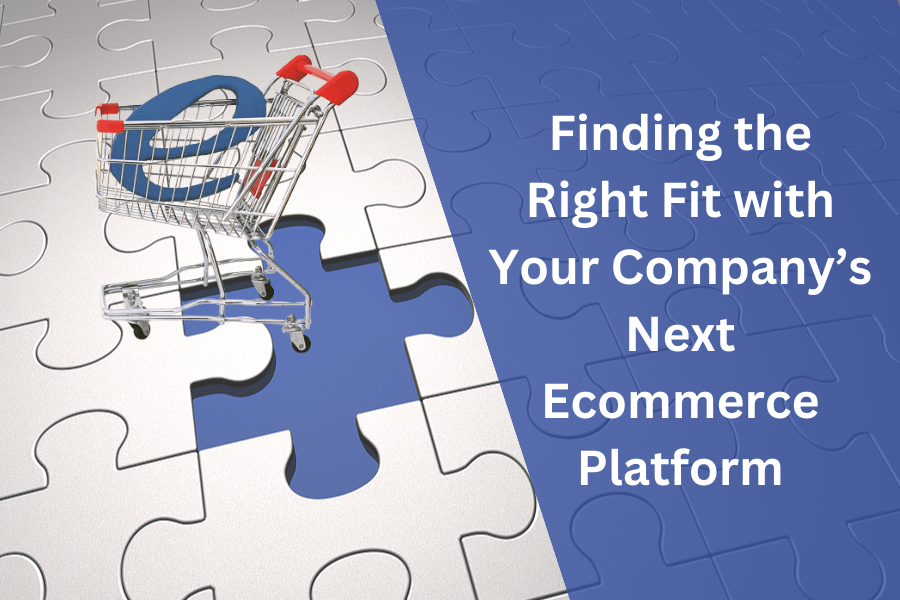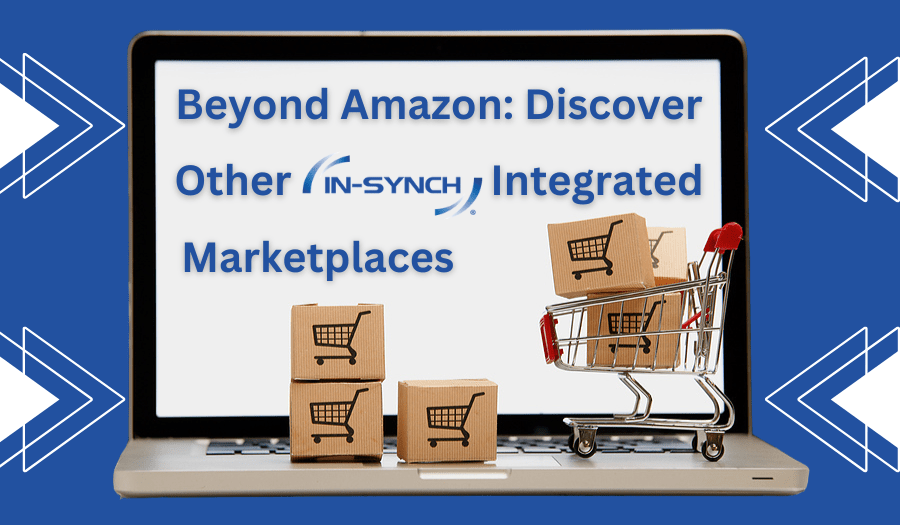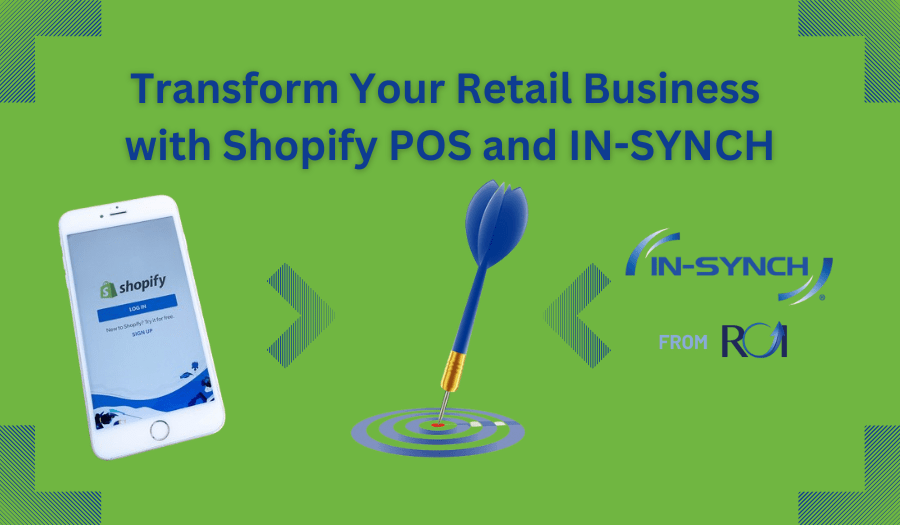By Ruth Richter • February 19, 2024

For over 25 years, ROI has worked closely with businesses using a host of ecommerce platforms. As we have discussed our clients’ needs and goals, operational efficiency has emerged as a consistent theme. We believe that operational efficiency within the ERP ecommerce system is going to continue to grow in importance.
One of the most important ways to achieve operational efficiency is with integration between the ecommerce platform and ERP system. Integration can streamline and automate many complex processes. But how do you identify which ecommerce platform will be the right fit?
Key Operational Processes
When looking for a new B2B ecommerce platform, merchants need to zero in on their critical operational processes that must be available to their online buyers. We have seen clients hit a “wall” when their ecommerce platform functionality fell short of the business’s operational needs. Here are some important features to look for when evaluating a new ecommerce platform for operational efficiency.
- Product Catalog: Having the business’s entire catalog on the website is a critically important tool for customers to find and purchase what they need. Products might be a simple 1:1 relationship (whatever is in Sage 100 is the same on the website), or the website may include parent/child relationships and other scenarios where the set of items in the ERP do not match the set on the website. The best ecommerce platforms will allow you to easily organize and “match” products within both systems.
- Order and Invoice History Display: Most customers want to easily reference at least two years of their order and invoice history. An important thing to keep in mind is that the website should provide a display of every order from a particular customer, even if some of those orders were not online orders.
- Credit Card Tokenization: Without credit card tokenization, efficiency and compliance will take hits. The passing of credit card information with a paid order must comply with PCI requirements.
- Special Pricing Levels: It’s very common for merchants to have a variety of pricing levels for their wholesale customer base. Sage 100 offers complex pricing models, whether it be specific to customer item number, customer price level, or a mixture. Your company’s ecommerce platform should be able to adjust pricing levels based on the customer’s profile.
- Shipments and/or Split Orders: Web orders going into sales orders is a straightforward process. However, multiple shipments or split orders can add complexity. Only a real-time integration between your ecommerce platform and your ERP can keep up with these complexities.
Review the Ecommerce Landscape
After zeroing in on important requirements for data integration, a next step is to match those to the capabilities of ecommerce platforms and identify which can handle the requirements. For Sage 100 ERP, we’ve found three ecommerce platforms that can address the more complex Sage 100 ERP integration touch points. Each has different pros and cons to be weighed out and we recommend engaging a reputable website developer to assist you. The following is a high level overview:
- WooCommerce: WooCommerce is a free open-source ecommerce plugin for WordPress. Because it is built on WordPress, the website hosting requirements are thinner than most platforms, allowing lower-cost hosting options. There are thousands of free and paid plugins available for required custom functions, which does add cost. There is on-going maintenance needed and it’s best to engage a developer that can assist with keeping the platform updated.
- BigCommerce: Manufacturers and distributors that use this powerful accounting platform demand the greatest amount of efficiency and convenience for their customers’ order process. Replatforming to BigCommerce offers the convenience of SaaS ecommerce with low maintenance, combined with significant Sage 100 data integration capabilities. The solution is scalable, and the platform fees will be commensurate with the level of integration required.
- Adobe Commerce: Businesses using Adobe Commerce powered by Magento have features, extensions, and customization options that can support many different product types or brands. A cloud-native software, it can easily handle high traffic and responsive customer experiences. We understand the cost for this platform is significantly higher but many companies find the additional expense is worth the scalability, options and very professional user-interface.
About ROI
The ROI team are Sage 100 integration experts. With a history of integrating over 20 different popular shopping carts, marketplaces, and omni-channels, our Sage 100 integration module, IN-SYNCH®, allows the convenience of selecting the ecommerce platform with the budget and features that suit your business and increases your business’s operational efficiency most effectively. Contact us to get started on your company’s integration today.




